The Ministry of Finance is seeking comments on the Government's draft decree on registration fees for domestically produced and assembled cars.
According to the draft, from August 1, 2024 to January 31, 2025, the registration fee collection rate is equal to 50% of the collection rate prescribed in Decree No. 10/2022 of the Government regulating registration fees and current resolutions and decisions of the People's Council/People's Committee of provinces and centrally run cities on registration fee collection rates at the local level and amendments, supplements and replacements (if any).
From February 1, 2025 onwards, the registration fee collection level will continue to be implemented according to the previous old regulations.
According to the Ministry of Finance, according to the assessment of the socio -economic situation, the average core inflation in the first 5 months of 2024 increased by 2.78% compared to the same period in 2023, lower than the average CPI (up 4.03%). Domestic gold prices are in line with world gold prices.
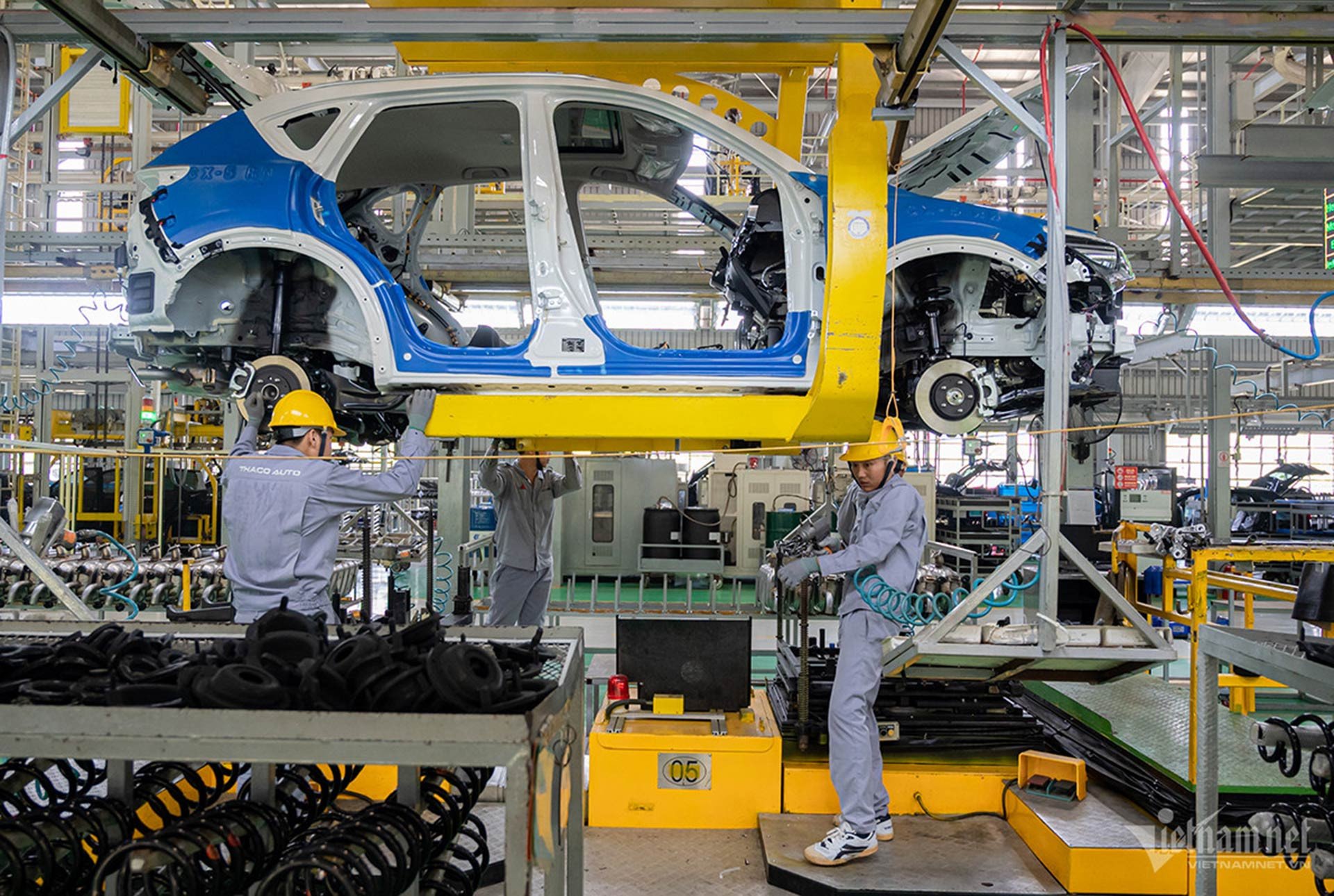
Increasing geopolitical risks in the Middle East region along with the reserve demand of central banks and investors are the main reasons leading to the continuous increase in gold prices in the world.
Domestically, the gold price index in May 2024 increased by 3.81% over the previous month; increased by 21.47% over December 2023; increased by 32.18% over the same period last year; the average increase in the first 5 months of 2024 was 22.95%.
Inflationary pressure, exchange rates, and high gold prices have had a significant impact on consumer psychology, leading to tightening spending on high-value items, including cars.
Faced with the reality of a sharp decline in car consumption, car manufacturing and assembling enterprises have launched many incentive programs to support and encourage consumers to buy cars.
The continued reduction of 50% of registration fees for domestically produced and assembled cars has a positive impact on consumers as a financial support solution and consumption incentive.
The Ministry of Finance calculates that a 50% reduction in registration fees for domestically produced and assembled cars could reduce the State budget revenue by an average of about VND867 billion/month (equivalent to the reduction according to Decree No. 41 of 2023). In addition, it could also affect the State budget revenue balance of localities.
A 50% reduction in registration fees for domestically produced and assembled cars is likely to increase the number of cars sold and registered, so revenue from registration fees, special consumption tax, and value added tax may increase.
However, actual revenue from special consumption tax and value-added tax is only concentrated in eight localities where there are domestic automobile manufacturing and assembly companies, while other localities have reduced local budget revenue from this policy.

Source: https://vietnamnet.vn/de-xuat-giam-50-le-phi-truoc-ba-o-to-lap-rap-trong-nuoc-2295241.html


![[Photo] Da Nang residents "hunt for photos" of big waves at the mouth of the Han River](https://vphoto.vietnam.vn/thumb/1200x675/vietnam/resource/IMAGE/2025/10/21/1761043632309_ndo_br_11-jpg.webp)

![[Photo] Prime Minister Pham Minh Chinh meets with Speaker of the Hungarian National Assembly Kover Laszlo](https://vphoto.vietnam.vn/thumb/1200x675/vietnam/resource/IMAGE/2025/10/20/1760970413415_dsc-8111-jpg.webp)


![[Photo] Prime Minister Pham Minh Chinh received Mr. Yamamoto Ichita, Governor of Gunma Province (Japan)](https://vphoto.vietnam.vn/thumb/1200x675/vietnam/resource/IMAGE/2025/10/21/1761032833411_dsc-8867-jpg.webp)
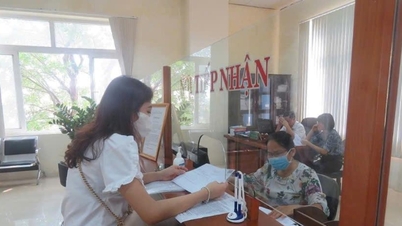





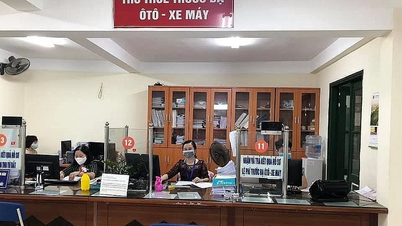







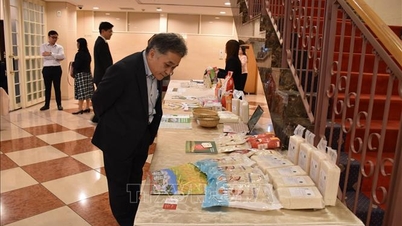

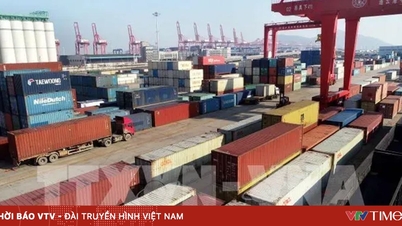











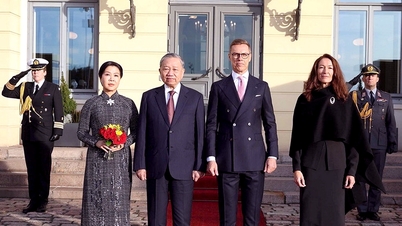





































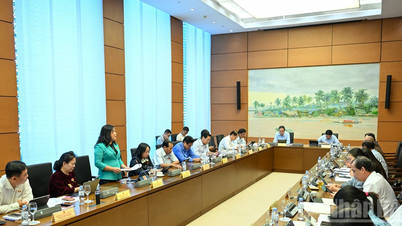
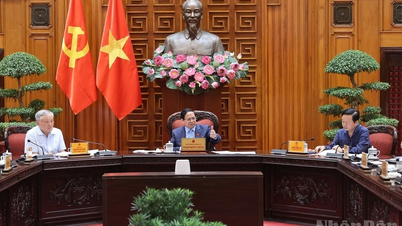

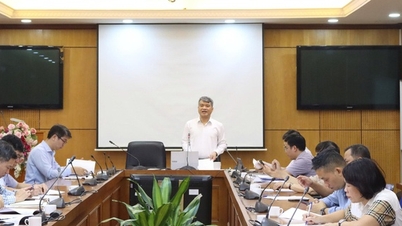
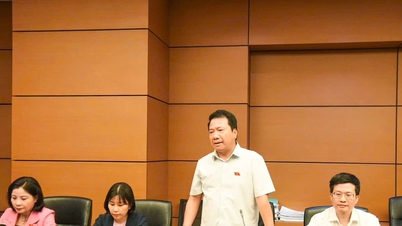
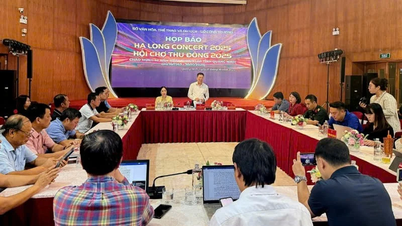








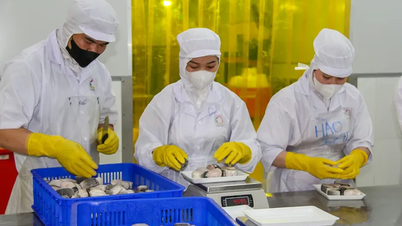

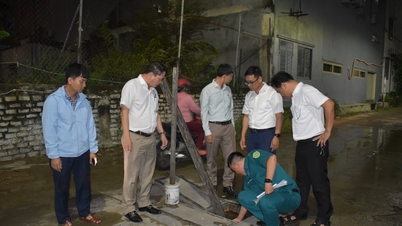

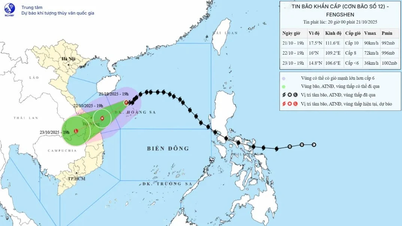
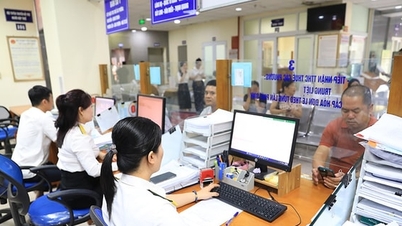

















Comment (0)